Chen Xiwo, described as “one of China’s most outspoken voices on freedom of expression for writers” by Asia Sentinel, has spoken about how he challenged the Chinese government’s decision to censor his latest book ahead of its launch in English.
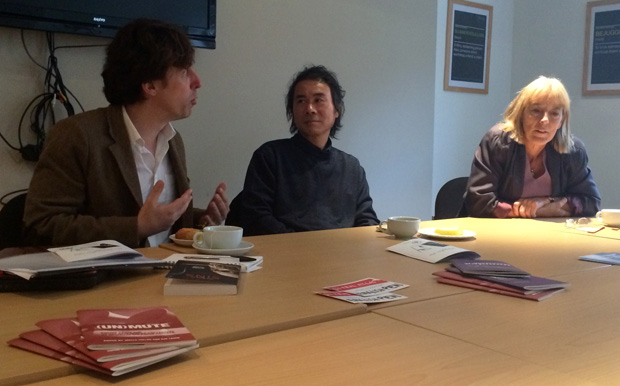

Chen Xiwo, described as “one of China’s most outspoken voices on freedom of expression for writers” by Asia Sentinel, has spoken about how he challenged the Chinese government’s decision to censor his latest book ahead of its launch in English.

All it seems to take is for one person to think that something’s ‘racist’ …

Index award winner Nabeel Rajab has been detained for seven days while being investigated for claims that he offended the Ministry of Interior over Twitter
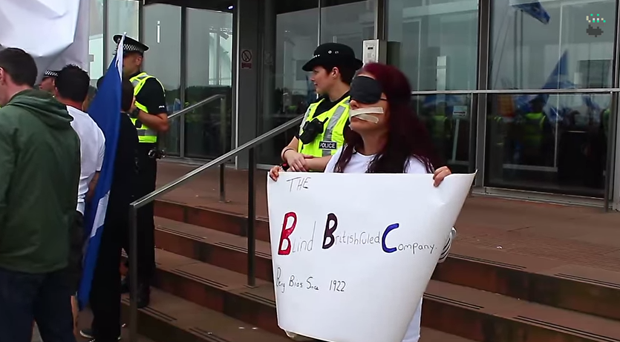
If arguments that counter our own prove more popular, it’s not because ours may need rethinking — no, it is because the world is biased against us
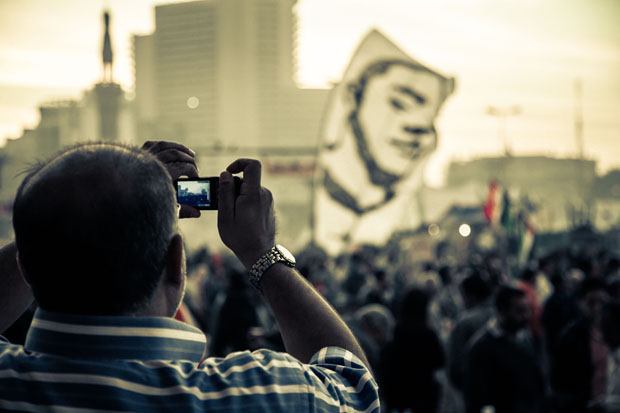
When the subject of the future of journalism is discussed it often turns to whizzy gadgets but the debate about whether the public ends up being better informed happens less often, says editor Rachael Jolley as she introduces the latest Index on Censorship magazine
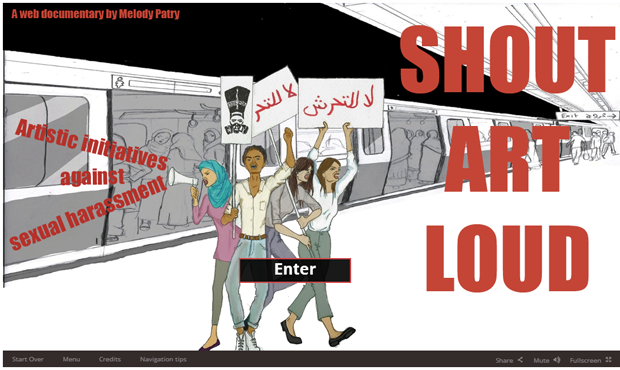
The interactive documentary shows how graffiti artists, cartoonists, dancers and actors are fighting back against rising levels of violence and sexism on the streets of Cairo
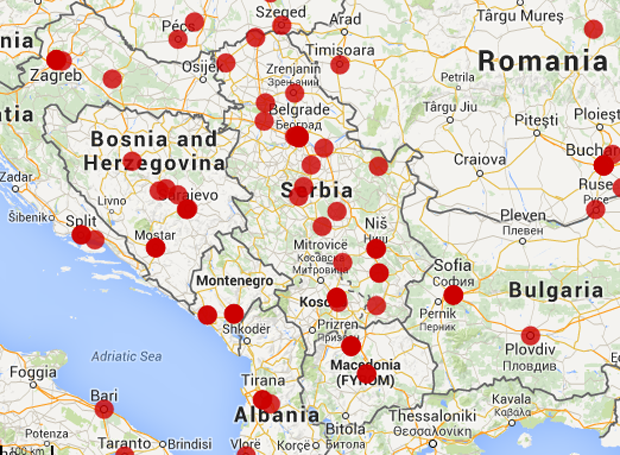
Six months after Aleksandar Vucic came to power, there are worrying signs that freedom of the media is deteriorating, Milana Knezevic writes
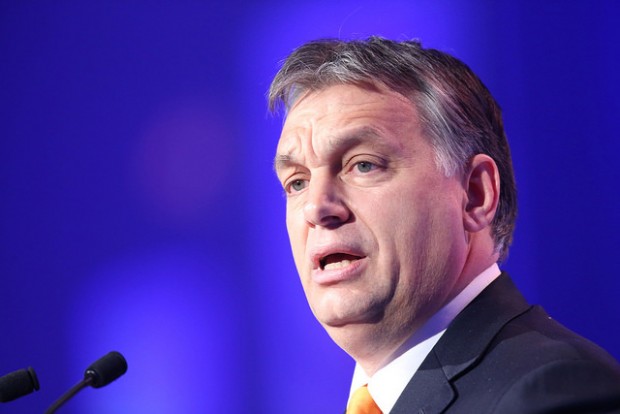
Hungarians working with “foreign intelligence” have been labelled “traitors” by the deputy prime minister. The comment follows a spate of cases of government censorship and intimidation over the past year. Aimee Hamilton reports
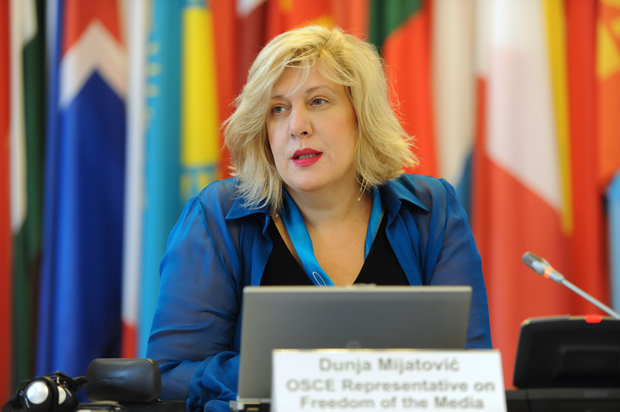
Index on Censorship reports back from the second Open Journalism expert panel, held in Vienna by the Organisation for Security and Co-operation in Europe.
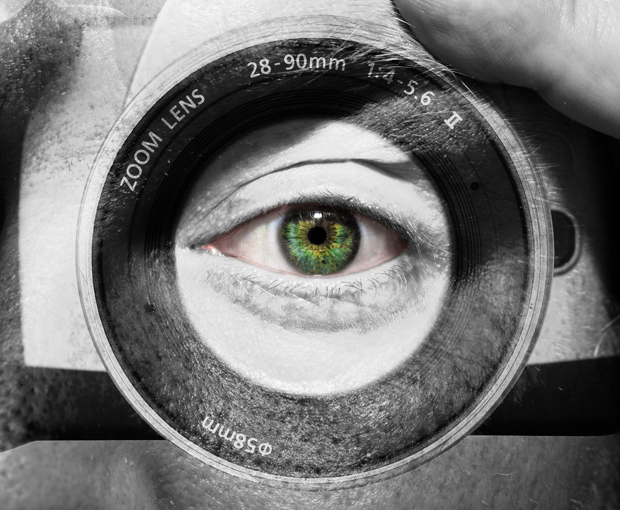
More often than not, the United States’ first amendment forces some real thought and analysis to take place in public life, writes Padraig Reidy.